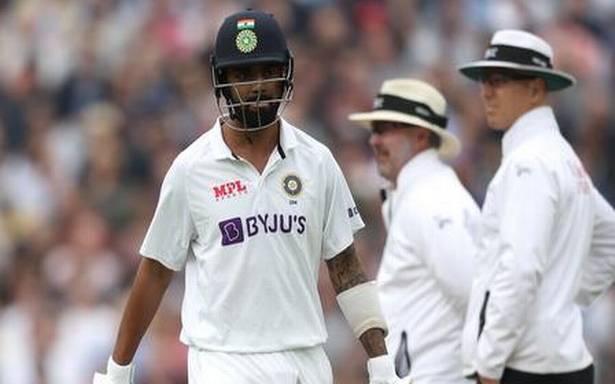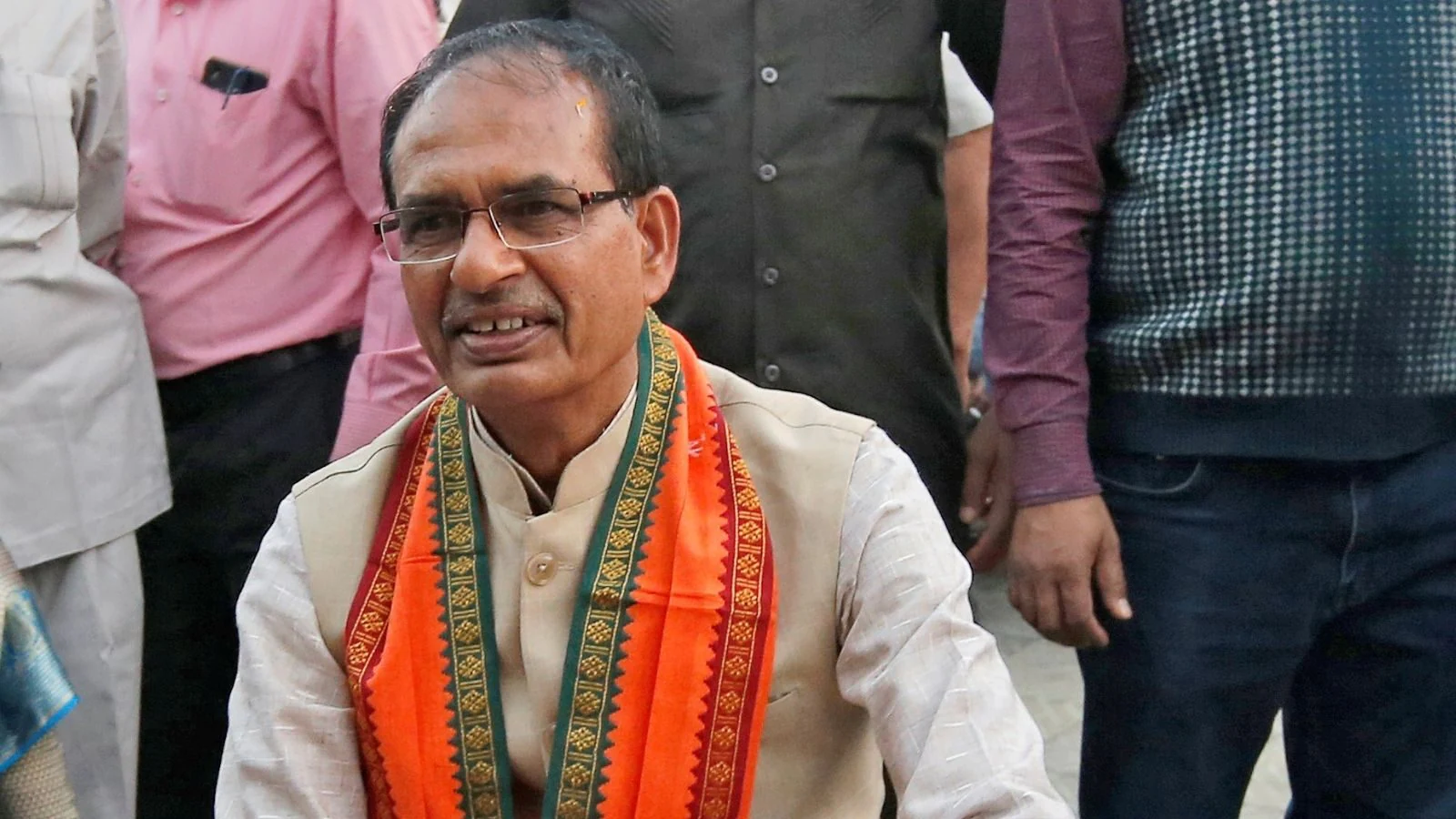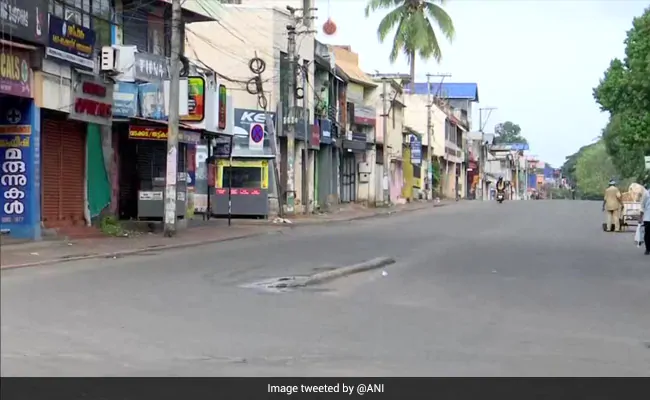India opener KL Rahul was on Sunday fined 15% of his match fee for showing dissent at the umpire’s decision when he was adjudged caught behind following a DRS review on the third day of the fourth Test against England in London.
The incident occurred in the 34th over of India’s second innings on Saturday. Rahul scored a patient 46 off 101 balls before being caught off James Anderson. It was a breach of Level 1 of the ICC Code of Conduct.
“Rahul was found to have breached Article 2.8 of the ICC Code of Conduct for Players and Player Support Personnel, which relates to showing dissent at an Umpire’s decision during an International Match,” an ICC release said.
Wasn’t it the sound of bat hitting the pad? And #KLRahul‘s reaction was not of a man who thought he’d nicked!
Even the umpire wasn’t sure about it!#England celebrates!
Come on #TeamIndia 👏👏👏👏#ENGvIND #ENGvsIND #INDvEND #INDvsEND #Cricketpic.twitter.com/ZWkP2WWU1m— BlueCap 🇮🇳 (@IndianzCricket) September 4, 2021
In addition to this, one demerit point has been added to the disciplinary record of Rahul, for whom it was the first offence in a 24-month period. Rahul admitted the offence and accepted the sanction proposed by Chris Broad of the ICC Elite Panel of Match Referees. There was no need for a formal hearing.
On-field umpires Richard Illingworth and Alex Wharf, third umpire Michael Gough and fourth official Mike Burns levelled the charges. Level 1 breaches carry a minimum penalty of an official reprimand, a maximum penalty of 50 per cent of a player’s match fee, and one or two demerit points. When a player reaches four or more demerit points within a 24-month period, they are converted into suspension points and a player is banned. Two suspension points equate to a ban from one Test or two ODIs or two T20Is, whatever comes first for the player.
Demerit points remain on a player or player support personnel’s disciplinary record for a period of 24 months from their imposition following which they are expunged.




